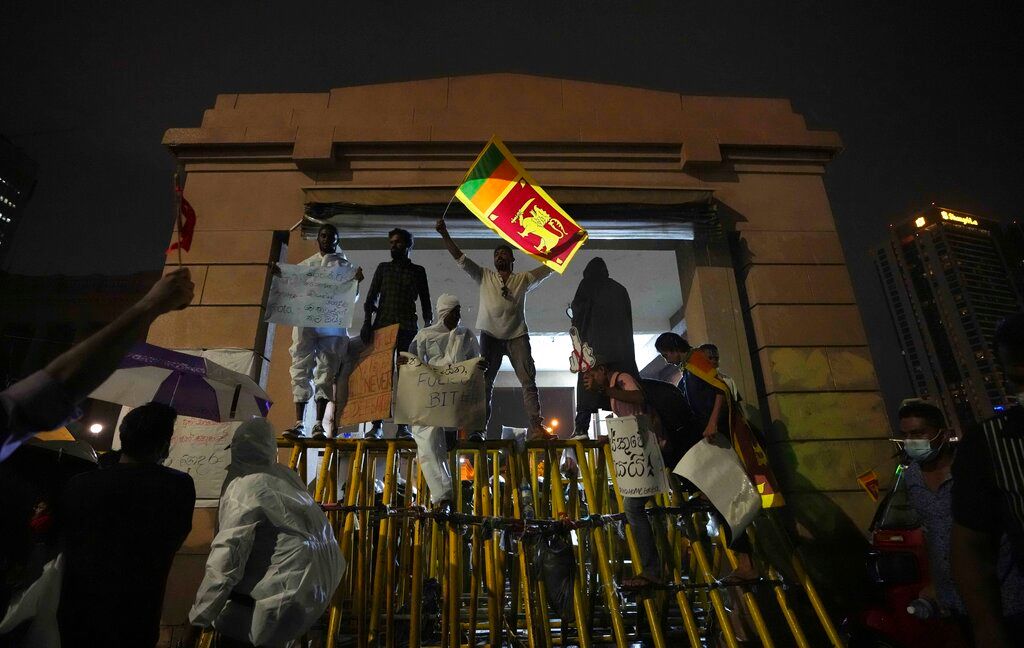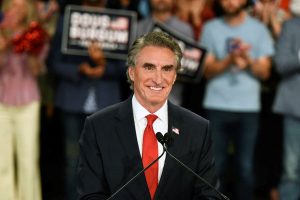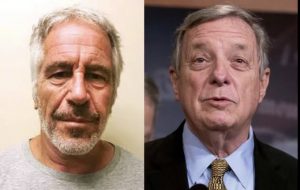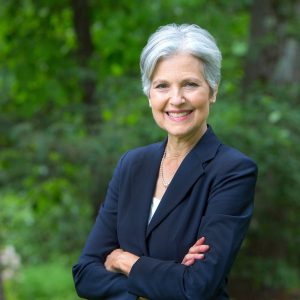Sri Lanka, the
south Asian island nation battling a burgeoning economic crisis, is now seeing
its healthcare system fail. Critical life-saving drugs are running out fast as
forex reserves plummet. The country is left with just around $1.93 billion in
foreign exchange, and government debt repayments are twice the amount due in
2022, according to a Reuters report.
The Lankan
government is expected to provide 1,325 drugs to state-run hospitals. Of these,
three life-saving drugs are completely out of stock and 140 essential medicines
are in extremely scarce supply, according to the secretary of Sri Lankan’s pharmaceuticals
ministry Saman Rathnayeke.
The Sri Lankan
Medical Association recently wrote to President Gotabaya Rajapaksa alerting him
that emergency treatments may have to be stopped in the coming days which will
result in a “catastrophic number of deaths.” A memo seen by Reuters shows that
the country is in the middle of a shortage of surgical supplies and that only
emergency, casualty and malignancy surgeries were being conducted from April 7.
Rosanne White, a
cancer patient who was undergoing treatment in Sri Lankan capital Colombo, told
Reuters that she had been surviving on injections received free of charge from
the government’s universal health system. But the state-run facilities have since
run out of the injection she is having to pay for it through her nose. The
injection costs $359 and White is burning all her savings on medicines just to
survive.
Last month, when a
70-year-old woman walked into a hospital having suffered septic shock, the
doctor serving the emergency ward needed one drug to help her fight the
illness. The drug wasn’t available and the patient died in the process.
The Sri Lankan
economy is collapsing by the minute. Heavily-dependent on tourism, the COVID-19
pandemic broke the country’s economic backbone. While rising food and fuel
prices have taken a toll, Sri Lankans also believe that the Rajapaksa regime’s
mismanagement of the economy caused a lot of the damage. The regime is accused
of doling out tax cuts and of delaying communication with the International
Monetary Fund (IMF).







